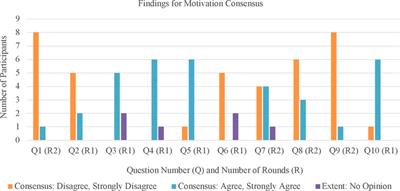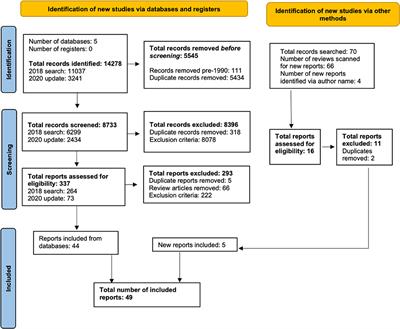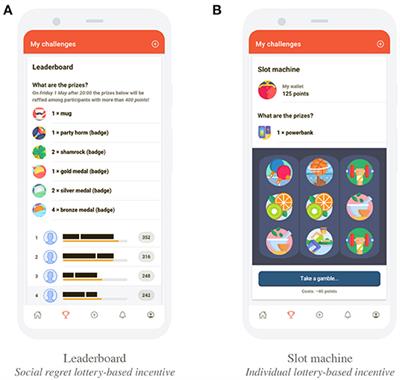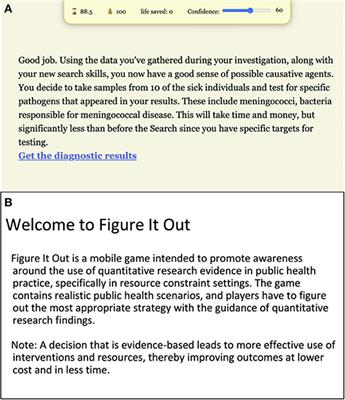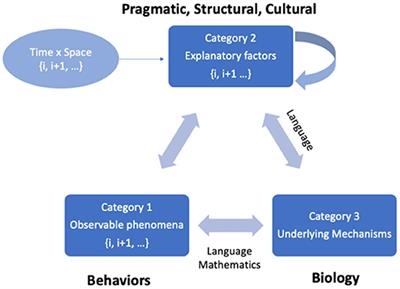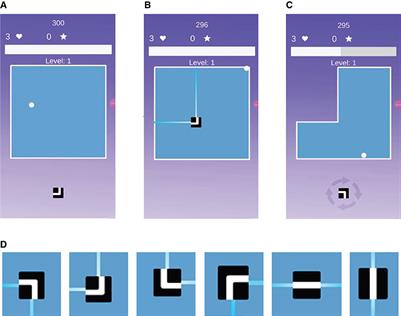STUDY PROTOCOL
Published on 06 Dec 2022
Measuring adherence, acceptability and likability of an artificial-intelligence-based, gamified phone application to improve the quality of dietary choices of adolescents in Ghana and Vietnam: Protocol of a randomized controlled pilot test
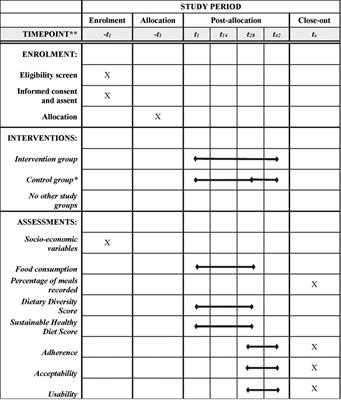
doi 10.3389/fdgth.2022.961604
- 2,899 views
- 3 citations
